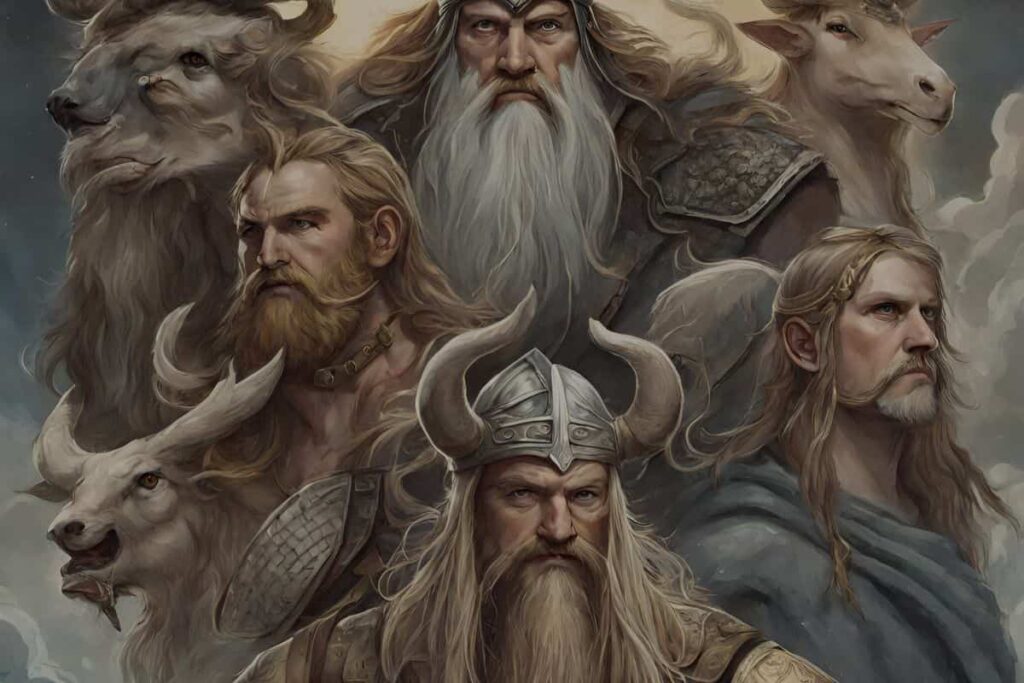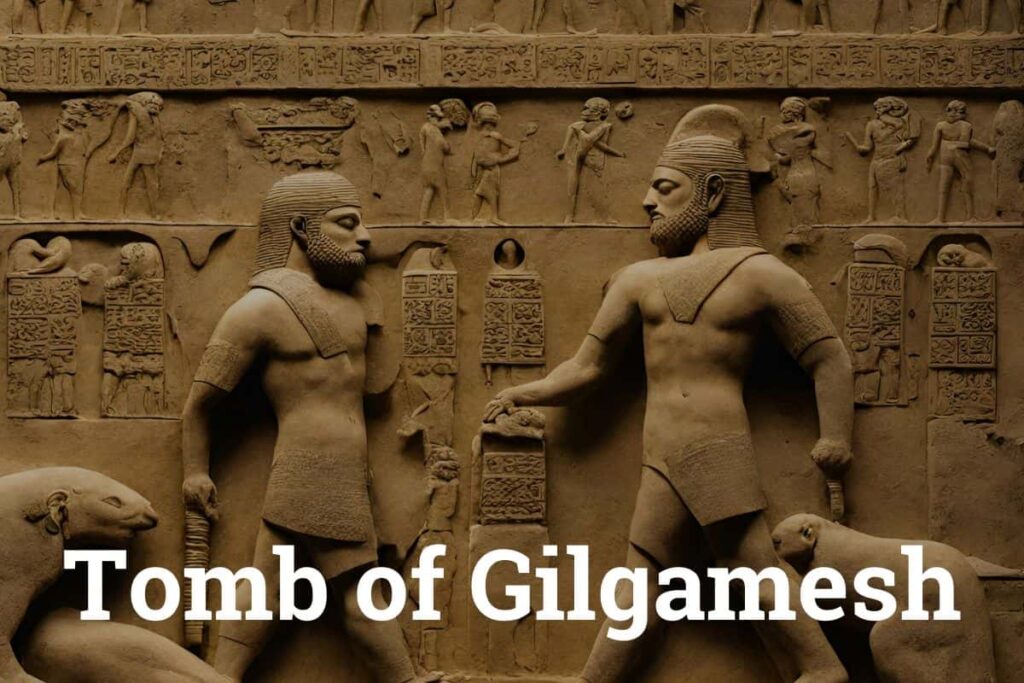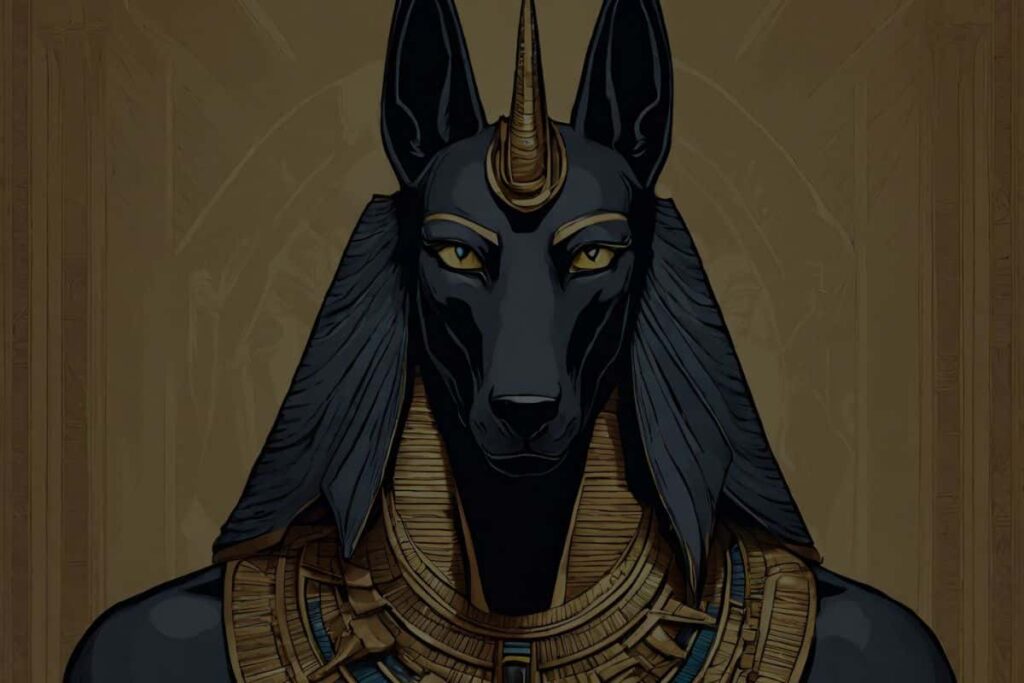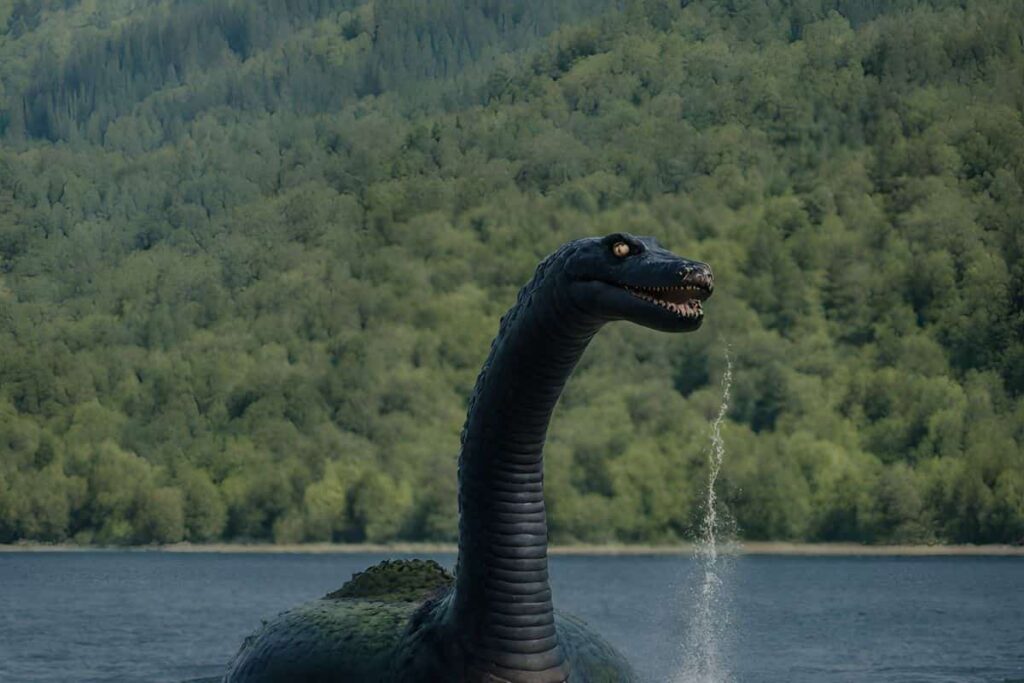Introduction to Norse Mythology Gods

Norse mythology gods, rooted deeply in the ancient beliefs of the Scandinavian peoples, offers a rich tapestry of gods and goddesses that have captured the imaginations of countless generations. These deities, often depicted as larger-than-life figures, embody various aspects of the natural world and human experience. From the majestic halls of Asgard to the dark depths of Niflheim, the realms of Norse mythology are inhabited by a diverse pantheon of divine beings, each with their own unique powers, personalities, and roles to play in the cosmic drama.
Loki Norse Mythology

Among the many gods of Norse mythology, perhaps none is as intriguing or enigmatic as Loki, the infamous trickster god. Born of the jotunn (giants) but accepted among the Aesir (the principal gods), Loki occupies a insignificant space within Norse mythology, embodying both chaos and cunning. His shape-shifting abilities and quick wit make him a formidable ally or a dangerous adversary, depending on where his loyalties lie. Despite his penchant for mischief, Loki often proves instrumental in the unfolding of key events within the Norse mythological cycle.
Tyr Norse Mythology

In contrast to Loki’s mercurial nature, Tyr stands as a paragon of valor and honor, embodying the virtues of courage and righteousness. As the god of war and justice, Tyr is revered among the Norse gods for his unwavering commitment to upholding order and maintaining the cosmic balance. Despite losing his hand to the monstrous wolf Fenrir, Tyr’s resolve remains unshaken, and he continues to fulfill his duties with steadfast determination. His sacrifices serve as a testament to the sacrifices required to maintain peace and stability in the face of adversity.
Norse Mythology Gods and Goddesses
The pantheon of Norse gods and goddesses is as diverse and complex as the mortal world they oversee. From Odin, the Allfather, to Freyja, the goddess of love and fertility, each deity holds sway over various aspects of nature, destiny, and human affairs. Their interactions and conflicts shape the course of Norse mythology, driving forward the epic narrative of creation, destruction, and rebirth. Whether gathering in the great halls of Asgard or venturing into the realms of Jotunheim and Svartalfheim, the Norse gods leave an indelible mark on the cosmos they inhabit.
Norse Mythology Stories
At the heart of Norse mythology lies a treasure trove of stories and legends that continue to resonate with audiences across the globe. From the creation of the world by the primordial giants Ymir and Audhumla to the cataclysmic events of Ragnarok, these tales offer insights into the values, beliefs, and cultural identity of the ancient Norse peoples. Whether recounting the exploits of Thor as he battles the forces of chaos or the tragic fate of Baldur, the beloved son of Odin, Norse mythology captivates with its timeless themes of heroism, sacrifice, and the eternal struggle between order and chaos.
Norse Gods and their Powers
Central to the allure of Norse mythology are the extraordinary powers wielded by its gods and goddesses. From Thor’s mighty hammer, Mjolnir, which can summon thunder and lightning, to Odin’s wisdom and knowledge, obtained through his sacrifice on the World Tree, each deity possesses abilities that set them apart from mortals and lesser beings. These powers are not merely tools for asserting dominance but are also symbolic of the deeper forces at play within the natural world and the human psyche. Through their exploits and adventures, the Norse gods demonstrate their mastery over the elements, the forces of fate, and the mysteries of existence itself.
FAQs
Q-Who killed Thor?
A_According to Norse mythology, Thor meets his end during the cataclysmic events of Ragnarok, the final battle between the forces of order and chaos. In this epic confrontation, Thor battles the monstrous serpent Jormungandr, ultimately defeating the creature but succumbing to its venomous bite.
Q-Who killed Odin?
A-In the twilight of the gods, Odin confronts the monstrous wolf Fenrir in the final battle of Ragnarok. Despite his best efforts, Odin is ultimately consumed by the wolf, marking the end of his reign and the dawn of a new era for the Norse cosmos.
Q-Norse mythology gods family tree
A-The family tree of Norse gods is a complex web of relationships and lineages, reflecting the interconnectedness of the divine realms. At the apex of this family tree stands Odin, the Allfather, who fathered many of the major gods, including Thor, Baldur, and Tyr. Other prominent figures include Loki, the son of the jotunn Laufey, and Freyja, the daughter of the sea god Njord.
Q-Who is the strongest Norse god?
A-While strength is a subjective concept among the gods, Thor is often regarded as one of the mightiest figures within the Norse pantheon. His mastery over thunder and lightning, coupled with his indomitable courage and martial prowess, makes him a formidable opponent in battle. However, other gods, such as Odin and Tyr, possess their own unique strengths and abilities, contributing to the overall balance of power within Norse mythology.
Conclusion
In conclusion, Norse mythology stands as a testament to the enduring power of myth and legend in shaping the cultural identity of a people. Through its gods, goddesses, and heroes, Norse mythology offers a glimpse into a world where the boundaries between the natural and supernatural blur, and where the forces of order and chaos collide in epic battles that resonate across time and space. As we delve deeper into the mysteries of Norse mythology, we discover not only stories of gods and heroes but also timeless truths about the human condition and the eternal struggle for meaning and purpose in the cosmos.
If You Want To Explore More Mythological Topics Visit Historicways



